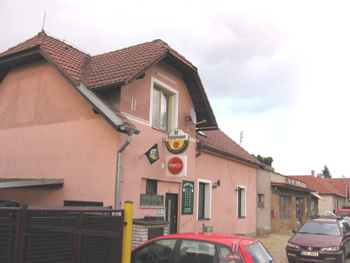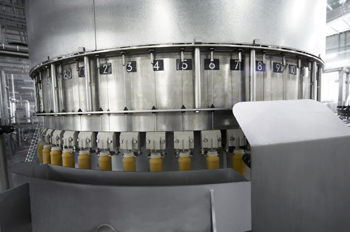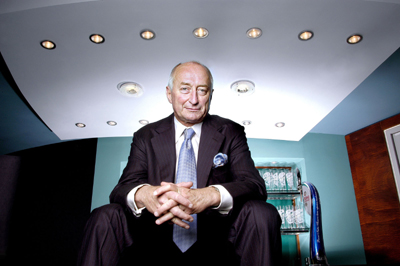On 31 March Scottish & Newcastle’s shareholders accepted an GBP 10 billion bid for their company.
At the end of March Pernod Ricard, the world’s second-largest drinks company, agreed to buy Vin & Sprit from Sweden’s government for EUR 5.28 billion to gain the Absolut vodka brand and take on Diageo’s Smirnoff vodka in the U.S.
It was an easy gamble: Heineken or SABMiller. At the end of February, it was official: Heineken had clinched the deal to acquire the Romanian brewer Bere Mures. The transaction will increase its market share to 31 percent and its volume to 6 million hl.
While everybody has been talking about a possible sale of Budweiser-Budvar, Heineken announced in March that they are buying Drinks Union, a Czech brewing group based in the northern Bohemian city of Usti nad Labem.
The InnoBev 2008 Global Soft Drinks Congress will take place from 8 to 10 April at the Renaissance Hotel in Moscow. Under the theme “Bevolution”, the event will focus on change and innovation within the global beverage market, focusing on how the industry is responding to consumer thirst for improved taste, added value and healthy choice.
KHS AG, an internationally active manufacturer of filling and packaging systems for the beverage, food, and non-food industries, celebrates its 140th anniversary in 2008. KHS, steeped in tradition and as one of the oldest in this branch of industry has nevertheless always remained young at heart since its beginnings thereby enabling an unexcelled success story that otherwise would not have been possible.
During the CIES/GFSI Food Safety Conference in Amsterdam, the International Food Standard (IFS) and Safe Quality Food (SQF) certification programmes have announced their future collaboration.
The population of the world is growing older. At the same time, the desire is growing to remain active and healthy even in old age. The beverage and food industries have responded to this increasing health trend with new product developments, and according to Andreas Steinle, CEO of the Future Institute at Kelkheim near Wiesbaden, they are making process profiling themselves as ‘health providers’.
A deal by Scottish & Newcastle (S&N) to close its Reading brewery and move production to Coors’ brewery in Burton, will force Heineken to share a bed with Molson Coors in the UK in the future.
SABMiller, the brewer tipped as a possible white-knight bidder for Scottish & Newcastle (S&N), said yesterday that it had looked at its rival but had decided against taking any further action.




